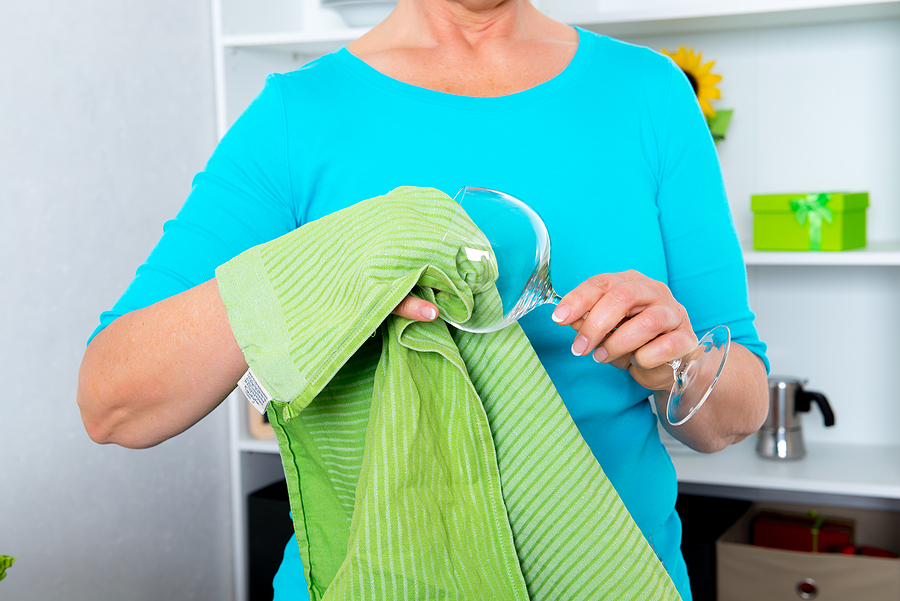Women are drinking more since covid arrived — in response to stress, uncertainty and ‘the need to get through this’.
That’s what emerged from interviews with 40 South Australian women aged 45 to 64 last year. A few wines seemed like the best way to handle a short-term crisis. Trouble is this hasn’t been so short-term.
Statistics show the pandemic has had greater impact on women than men, in part because casual work has been hit so hard and caregiving loads have increased.
Loneliness has also shown up more among women.
Even if we’re not the ones dealing directly with loss of income, additional childcare, home schooling and so on, we’re often watching on helplessly as family members grapple with those issues.
In addition, we might have been unable to see some of those family members for a long time, missed weddings and funerals or had to cope with the anxiety of locked-down relatives in nursing homes.
In Australia it’s reasonably common — especially among women — to drink to de-stress.
Previous research has also found that women in their 50s, 60s and 70s often overlook the alcohol guidelines. If we feel in control, or we’re doing something else we consider healthy, say with diet or exercise, in our minds there’s no harm in a few drinks.
Except that if we keep doing that, longer-term it may not be harmless.
Evidence tells us that when it comes to drinking there are pluses and minuses, and we need to get the balance right to stay on the plus side.
One minus is that our bodies offset the sedative effect of alcohol by ramping up our level of stimulation. Not the best for a good night’s sleep.
Other possibly alcohol-related conditions that show up more as we get older include reflux and sleep apnea. Reflux is more common in women, while sleep apnea is more prevalent in men.
But the big minus is that alcohol is a group one carcinogen. It. Causes. Cancer. Breast and bowel, for instance.
It also raises triglycerides and cholesterol and can put on weight.
Weight gain occurs because when a carcinogen enters the body the liver gets busy removing it. But while that’s happening other liver functions such as fat burning or blood sugar control are put on hold. So food gets stored as fat.
Apart from that, some people eat more when they drink.
This is scratching the surface, but it’s enough to show that the list of minuses is a decent one. Moreover, we don’t have to drink huge amounts to find ourselves dealing with these issues.
For all that there are certainly pluses, and a glass of wine can be one of life’s great pleasures.
The problem arises when it becomes our default response to stress. Then it’s time to find other options: go for a walk, do some breathing, call a friend, get out in the garden, write in a journal, listen to music, pat the cat, whatever it takes.
I recently read about a woman who’s experienced considerable trauma in her life. She’s taken on ‘stalking joy’, deliberately noticing and appreciating everyday goodness and beauty. It means using her senses, and seeking out uplifting moments. It could mean savouring a glass of wine rather than using it to ‘get through’.
The alcohol guidelines were designed to get the health balance right. If we’re clear on what they are and we stick to them, we can relax and enjoy the plus side.
Photo Source: Bigstock

